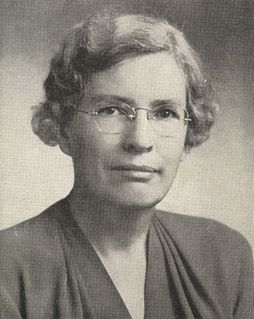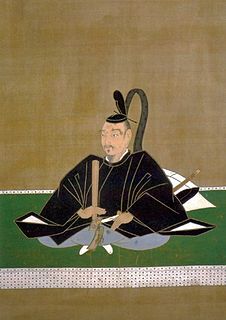A Quote by Cormac McCarthy
Only now is the child finally divested of all that he has been. His origins are become remote as is his destiny and not again in all the world's turning will there be terrains so wild and barbarous to try whether the stuff of creation may be shaped to man's will or whether his own heart is not another kind of clay.
Related Quotes
But say, my brothers, what can the child do that even the lion could not do? Why must the preying lion still become a child? The child is innocence and forgetting, a new beginning, a sacred 'Yes.' For the game of creation, my brothers, a sacred 'Yes' is needed: the spirit now wills his own will, and he who had been lost to the world now conquers his own world.
If a man really sets his heart upon the will of God, God will enlighten a little child to tell that man what is His will. But if a man does not truly desire the will of God, even if he goes in search of a prophet, God will put into the heart of the prophet a reply like the deception in his own heart.
Each person decides in early childhood how he will live and how he will die... His trivial behavior may be decided by reason, but his important decisions have already been made: what kind of person he will marry, how many children he will have, what kind of bed he will die in... It is incredible to think, at first, that man's fate, all his nobility and all his degradation, is decided by a child no more than six years old, and usually three... (but) it is very easy to believe by looking at what is happening in the world today, and what happened yesterday, and seeing what will happen tomorrow.
A man who has been born into the house of a warrior and yet places no loyalty in his heart and thinks only of the fortune of his position will be flattering on the surface and construct schemes in his heart, will forsake righteousness and not reflect on his shame, and will stain the warrior's name of his household to later generations. This is truly regrettable.
The natural state of mankind ... and I know that this is a controversial idea... is freedom... And the proof is the lengths to which a man, woman, or child will go to regain it once lost. He will break loose his chains. He will decimate his enemies. He will try and try and try again, against all odds, against all prejudices.
A priest is a man vowed, trained, and consecrated, a man belonging to a special corps, and necessarily with an intense esprit de corps. He has given up his life to his temple and his god. This is a very excellent thing for the internal vigour of his own priesthood, his own temple. He lives and dies for the honour of his particular god. But in the next town or village is another temple with another god. It is his constant preoccupation to keep his people from that god. Religious cults and priesthoods are sectarian by nature; they will convert, they will overcome, but they will never coalesce.
A good father. A man with a head, a heart, and a soul. A man capable of listening, of leading and respecting a child, and not of drowning his own defects in him. Someone whom a child will not only love because he's his father, but will also admire for the person he is. Someone he would want to grow up to resemble.
The boy will remain a son and never become a father. He will be forgotten by the crowd once his blood is rinsed clean from the ground; his sister will think of him but soon she will forget him, too. He will live on only in Han's memory, a child punished not for his own insincerity but someone else's disbelief.
After an inferior man has been taught a doctrine of superiority he will remain as inferior as he was before his lesson. He will merely assume himself to be superior, and attempt to employ his recently-learned tactics against his own kind, whom he will then consider his inferiors. With each inferior man enjoying what he considers his unique role, the entire bunch will be reduced to a pack of strutting, foppish, self-centered monkeys gamboling about on an island of ignorance. There they will play their games under the supervision of their keeper, who was and always will be a superior man.
Another writer asserts that the tyranny of man over woman has its roots, after all, in his nobler feelings; his love, his chivalry, and his desire to protect woman in the barbarous periods of pillage, lust, and war. But wherever the roots may be traced, the results at this hour are equally disastrous to woman. Her best interests and happiness do not seem to have been consulted in the arrangements made for her protection. She has been bought and sold, caressed and crucified at the will and pleasure of her master.






































